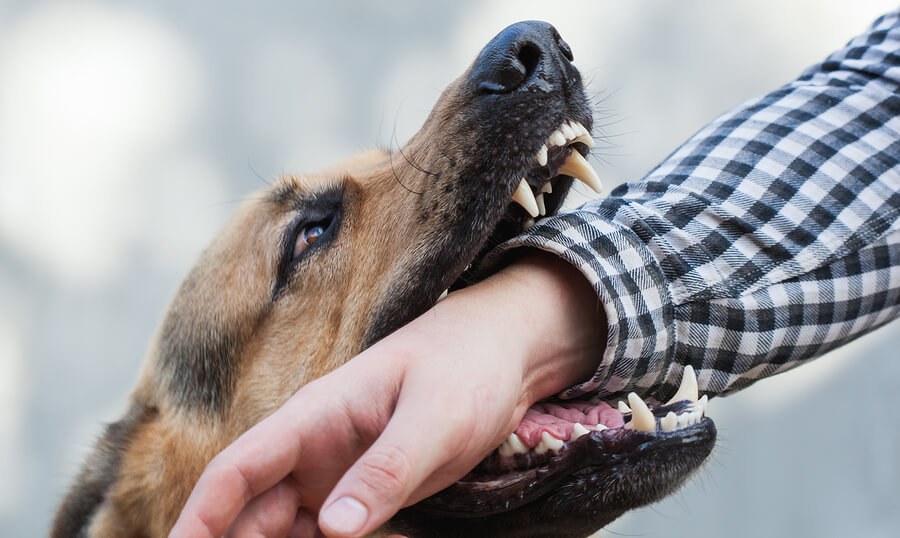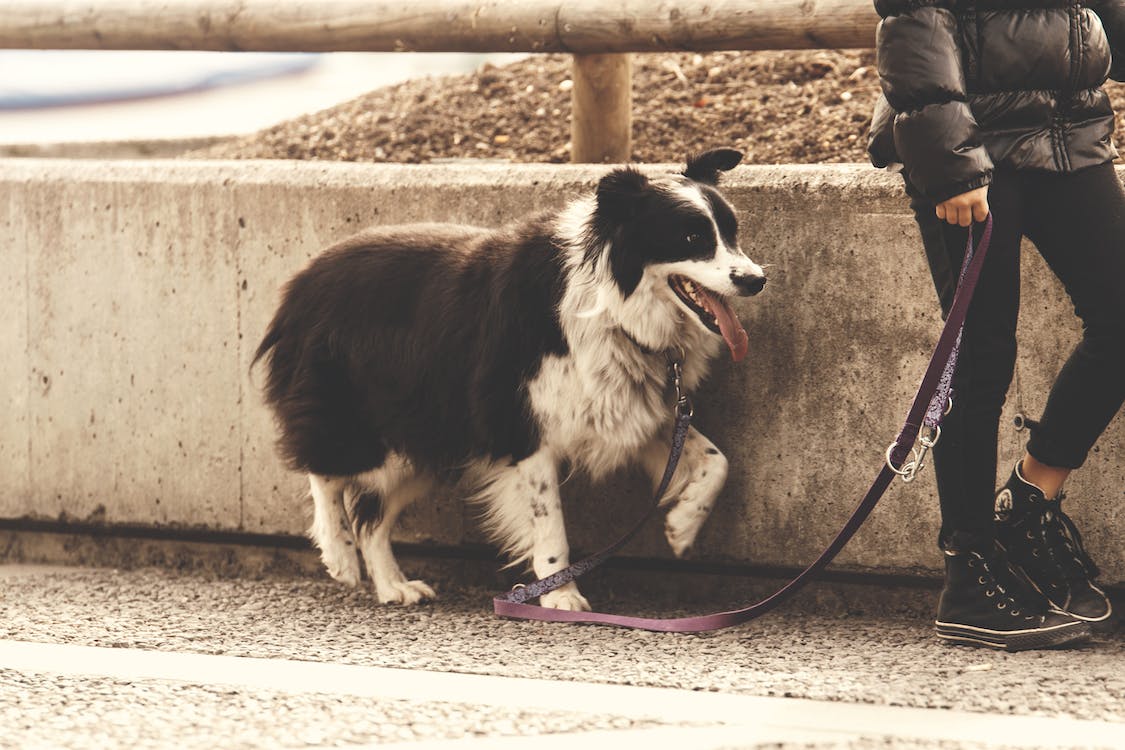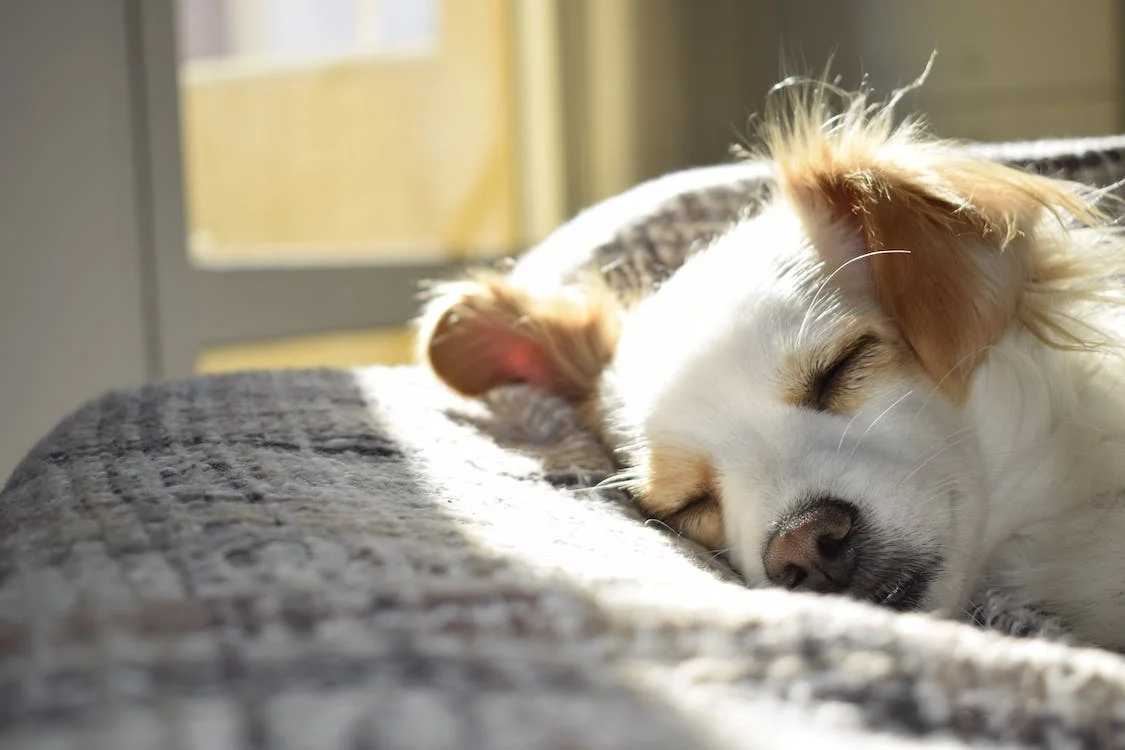Understanding Play Biting Instincts
Playful mouthing and inhibited “soft bites” during play come naturally to dogs, especially lively puppies. Mimicking behavior with their littermates, dogs gently use their mouths to interact and investigate their environments. However, uncontrolled nipping and rough play can become a painful problem. With patience and persistence, you can teach your pup to curb those sharp fangs into appropriate soft bites.
Redirection Is Key
Rather than scolding, redirect your puppy’s desire to mouth onto acceptable chew toys instead of hands and ankles. Keep an arsenal of toys readily available to stuff into the pup’s mouth the instant nipping starts. Offer effusive praise when they redirect onto the toy successfully. With consistency, they learn what items are fine to chew.
Reward the Release
When your puppy gets carried away and clamps down too hard, avoid yanking away as this mimics tug games. Instead, calmly say “ouch,” freeze, and wait for them to release. The instant they let go, say “good gentle!” and give treats. This reinforces softening their bite on cue.
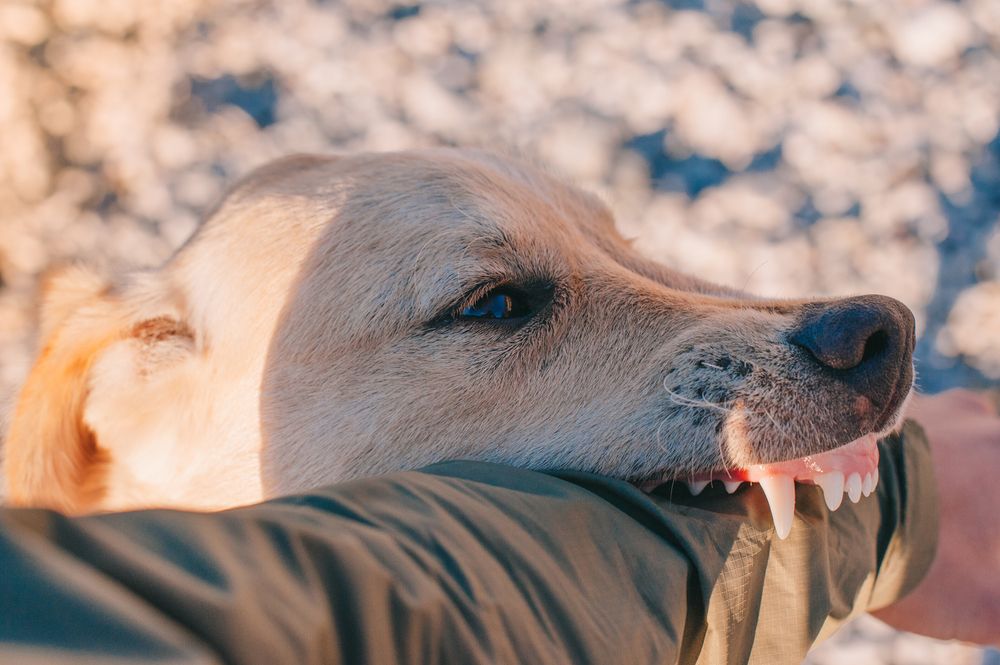
Withdraw Attention
If your pup persists in rough, painful play after redirection attempts, give a firm “no bite,” stand up, and walk away ignoring them for 30-60 seconds. This teaches that biting ends the fun. Return and resume play only when they are calm. Consistency works wonders.
Encourage Appropriate Toys
Provide plenty of enticing chew toys to satisfy those emerging fangs. Frozen soaked washcloths, ropes, rubber teethers, and edible chews give acceptable outlets for normal puppy biting instincts. Rotate novel toys to keep their curiosity and energy constructively engaged.
Patience Is Key
Curbing nipping takes time, especially with enthusiastic puppies who would never intentionally harm you. Avoid anger and yelling. Redirect, reward gentleness, and simply withdraw attention when pup gets too worked up. With calm diligence, you’ll guide your puppy into a dog with a perfect play bite.
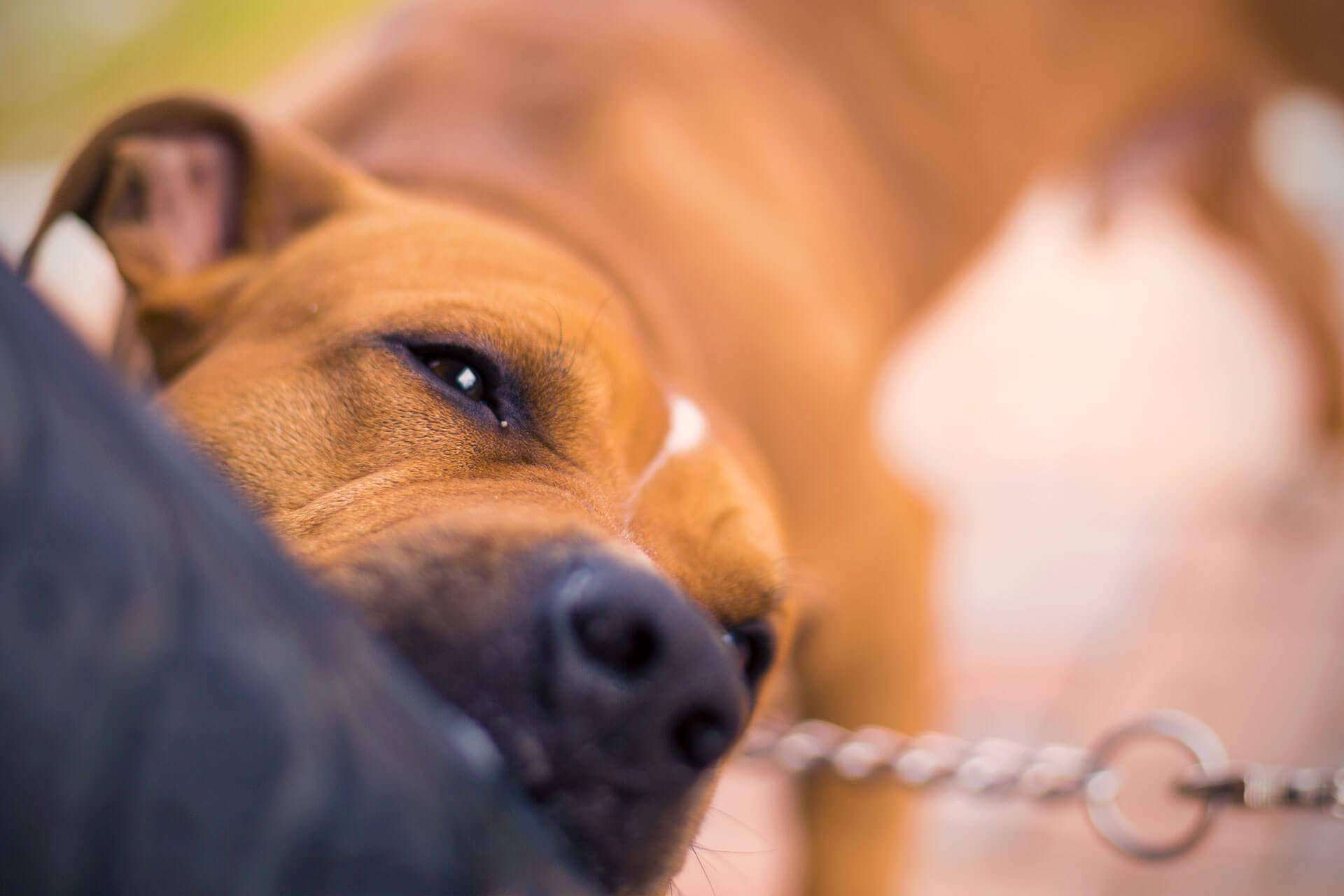
Handling Sharp Baby Teeth
Puppies begin teething around 3-4 months old. Sore gums and emerging adult teeth create even more desire to chew and nip. Help them through this phase by providing:
- Cold chew toys from the fridge to soothe gums
- Interactive feeding puzzles and games
- Raw marrow bones to satisfy chewing urges
Teething brings extra biting exuberance requiring more patience. This too shall pass!
Avoiding Rough Play
Well-meaning owners often inadvertently encourage biting and rough play by wrestling, chase games, and quick movements with hands and feet. Instead play calm, gentle games of fetch and hide-and-seek. Discourage kids from roughhousing which overexcites pups. Model polite petting and touching.
Seeking Professional Help
If bite inhibition training plateaus or you need additional guidance, enlist a professional positive reinforcement dog trainer. They can observe your puppy’s behavior and prescribe customized training plans. Adult dogs with biting issues may benefit from veterinary behaviorists. Desperate times call for expert assistance.
The Reward of Good Bite Inhibition
Curbing your puppy’s sharp teeth and inappropriate biting takes diligence, but pays off tremendously in a dog with a trustworthy soft mouth. This makes play, training, grooming, veterinary care, and handling safer and more pleasant for all. Invest time now and enjoy a dog with manners to give only gentle love bites forever.
